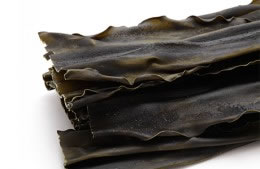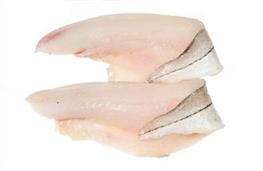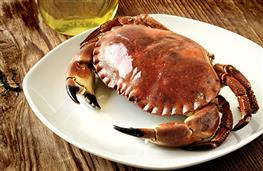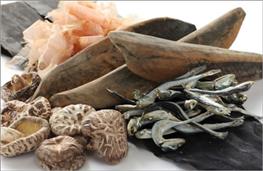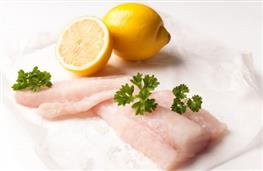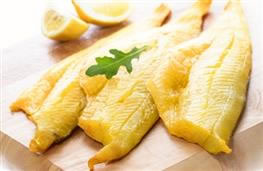Iodine
Health benefits of Iodine:
Contributes to your thyroid health, energy needs and nervous system and promotes the normal growth of children
The Worlds Science
See the bottom of this page for the ingredients highest in iodine
What is iodine?
Iodine is a trace mineral and an essential part of thyroid hormones. There are two thyroid hormones commonly referred to as T4 and T3 (which is the biologically active form).1
Why does this matter to me?
How iodine reacts with...
What is iodine?
Iodine is a trace mineral and an essential part of thyroid hormones. There are two thyroid hormones commonly referred to as T4 and T3 (which is the biologically active form).1
Why does this matter to me?
- The thyroid produces hormones which regulate the body's metabolic rate as well as heart and digestive function, muscle control, brain development and bone maintenance.
- The thyroid also contributes to the way our body absorbs micronutrients and gets rid of toxic substances.
- Iodine is critical to the early development of a baby’s brain, and so iodine levels are particularly important for pregnant and breast-feeding women2.
How iodine reacts with...
Iodine is also a component of many enzymes that require magnesium and manganese to function. This extends the importance of sufficient iodine in the diet beyond the requirements of the thyroid gland1.
How can we make sure we get enough?
The iodine content of most foods depends on the iodine content of the soil. Seafood is rich in iodine because marine animals can concentrate the iodine from seawater. Iodine content will vary according to the area that a food was raised in and mountainous areas are particularly deficient4.
Major international efforts have resulted in approximately 70% of the world’s population using iodised table salt to reduce iodine deficiency.
Due to iodine being added to feed for dairy cows and chickens, dairy products and eggs can be also good sources
Interestingly, the UK is one of the few countries that have not undertaken an iodisation project for their population. The reason for this appears to be a concern regarding the prospect of an elevation of iodine consumption to harmful levels (hyperthyroidism).
Can I get too much?
Some seaweeds like Kombu have huge amounts of iodine and regular consumption can lead to abnormal thyroid function. This has led to the establishment of an adult daily upper limit of 1,100 micrograms. This could easily be exceeded by eating a small amount of kombu seaweed.
Iodine research
Very recent research efforts have been directed towards investigating possible links between iodine deficiency and Autistic Spectrum Disorder (ASD). This research is in its infancy although iodine levels may be one component3.How can we make sure we get enough?
The iodine content of most foods depends on the iodine content of the soil. Seafood is rich in iodine because marine animals can concentrate the iodine from seawater. Iodine content will vary according to the area that a food was raised in and mountainous areas are particularly deficient4.
Major international efforts have resulted in approximately 70% of the world’s population using iodised table salt to reduce iodine deficiency.
Due to iodine being added to feed for dairy cows and chickens, dairy products and eggs can be also good sources
Interestingly, the UK is one of the few countries that have not undertaken an iodisation project for their population. The reason for this appears to be a concern regarding the prospect of an elevation of iodine consumption to harmful levels (hyperthyroidism).
(This maybe an overreaction as our algorithm shows that a teaspoon of iodised salt only provides about 8% of the RDA/RI for iodine).
It is true to say that the levels of iodine required to maintain good health can be obtained from a balanced diet that contains seafood (including seaweed) and dairy products5.
What if I don’t get enough?
The World Health Organisation estimates that over 30% of the world population has too little iodine in their bodies. Insufficient iodine compromises the production of thyroid hormones which results in several health disorders6,7 These include:
What if I don’t get enough?
The World Health Organisation estimates that over 30% of the world population has too little iodine in their bodies. Insufficient iodine compromises the production of thyroid hormones which results in several health disorders6,7 These include:
- reduced fertility
- premature birth
- cognitive impairment
- acute fatigue.
Can I get too much?
Some seaweeds like Kombu have huge amounts of iodine and regular consumption can lead to abnormal thyroid function. This has led to the establishment of an adult daily upper limit of 1,100 micrograms. This could easily be exceeded by eating a small amount of kombu seaweed.
Review date: 1/12/2024
Next review date: 1/10/2025
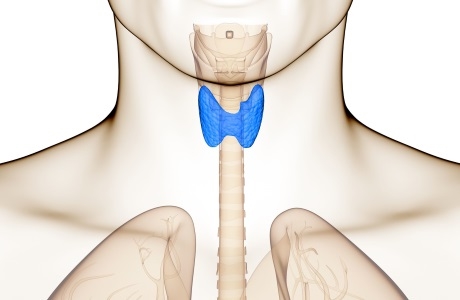
291
445
https://www.checkyourfood.com/content/blob/Micronutrients/top-foods-for-Iodine.jpg
Top 6 ingredients for Iodine taking into account portion size and cooking retention factors
Filter ingredients by:

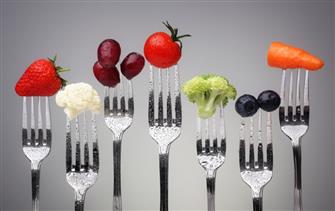 About nutrients
About nutrients
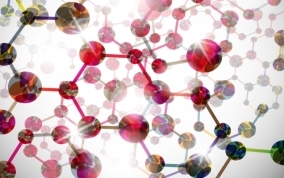 All nutrients
All nutrients
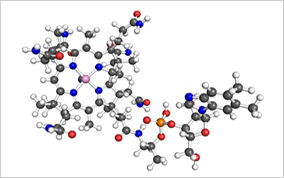 vitamins
vitamins
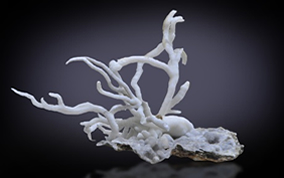 minerals
minerals
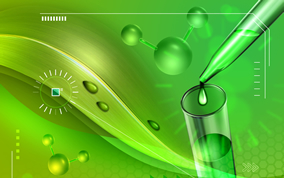 phytochemicals
phytochemicals
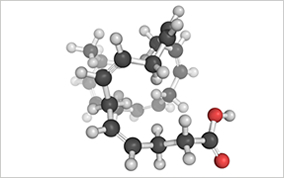 fatty acids
fatty acids
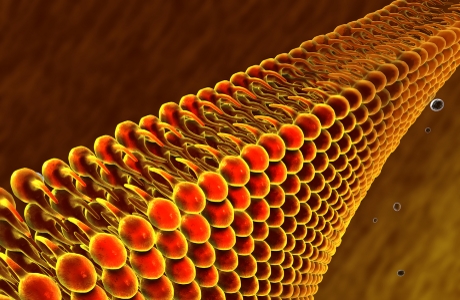 macronutrients
macronutrients
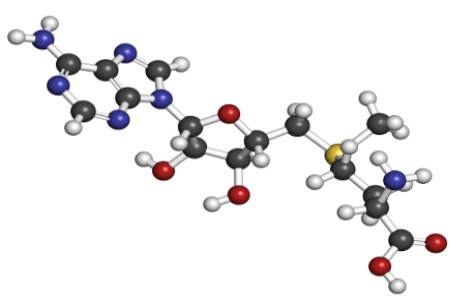 amino acids
amino acids
